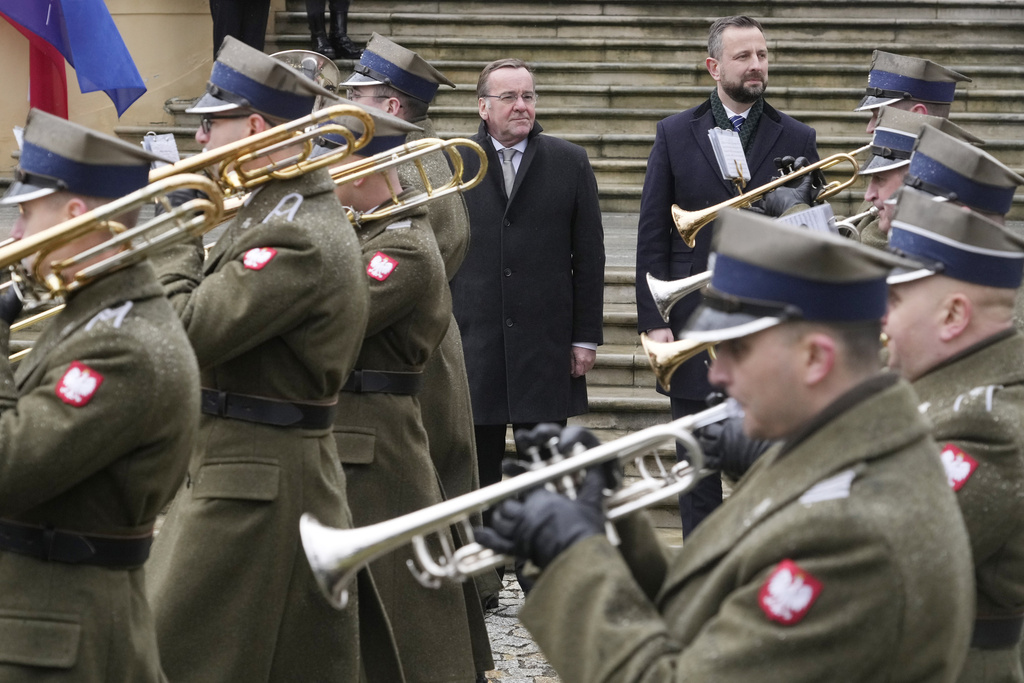Despite €100 billion in special funds and the Chancellor’s new defense policy, the Bundeswehr continues to have personnel, material, and financial problems. This is the conclusion of a report by the Parliamentary Commissioner for the Armed Forces, Eva Högl.
Among other things, she calls for “substantial improvements in personnel, material and infrastructure.”
“The troops are aging and numbers are shrinking,” Högl wrote in her annual review for the Bundestag. The average age of soldiers has risen from 33.5 in 2022 to 33.8 last year. The number of applicants for the Bundeswehr has fallen slightly. Thousands of posts above the enlisted ranks have not been filled for years.
The goal of increasing the number of personnel from the current 182,000 to at least 203,000 soldiers by 2031 will be difficult to achieve, Högl stated soberly, and not for the first time, in her military report. Presumably, also, because just 13 percent of those in uniform in the Bundeswehr are women.
The military commissioner sees a solution to the personnel requirement with the introduction of a “social year” where young women and men would have to engage in areas such as social affairs, the environment, culture, or the Bundeswehr. She stated that nobody wants to go back to compulsory military service, which was suspended in 2011, not least because there would not be enough accommodation, equipment, and instructors.
Högl did acknowledge, however, that the soldiers’ personal equipment has improved in the meantime. However, there is still a lack of cartridges for rifles, entire tanks, and spare parts for repairs. In terms of equipment, the Bundeswehr is “not yet fully operational” despite the €100 billion special fund.
One reason for this is the transfer of weapons systems and ammunition to Ukraine: 2,000 self-propelled howitzers, Mars II multiple rocket launchers, Leopard 2A6 main battle tanks, artillery ammunition, and, most recently, a Patriot anti-aircraft missile system went to Ukraine.
Since the beginning of the Russian war of aggression, according to government figures, Germany has handed over material with an estimated procurement value of over €5 billion from the Bundeswehr’s stocks alone. Although additional orders have been placed, the support for Ukraine has created gaps in equipment, some of which are unlikely to be filled for years.
Defense Minister Boris Pistorius not only urgently needs money to set up the Lithuanian brigade. He is also demanding significantly more money from Finance Minister Christian Lindner for the regular 2025 defense budget. There are demands for up to €6.5 billion for new investments so Germany can once again meet the so-called 2 percent NATO target. According to government figures, this year was the first time in three decades that Germany achieved the target of spending 2 percent of its economic output on the military.
More money is also needed in the medium term because the Bundeswehr’s special fund of €100 billion is now earmarked for new weapons systems and ammunition and will last until 2027 at the most.





